What does 100% Arabica mean? Why is the boutique coffee not labeled 100% Arabica?
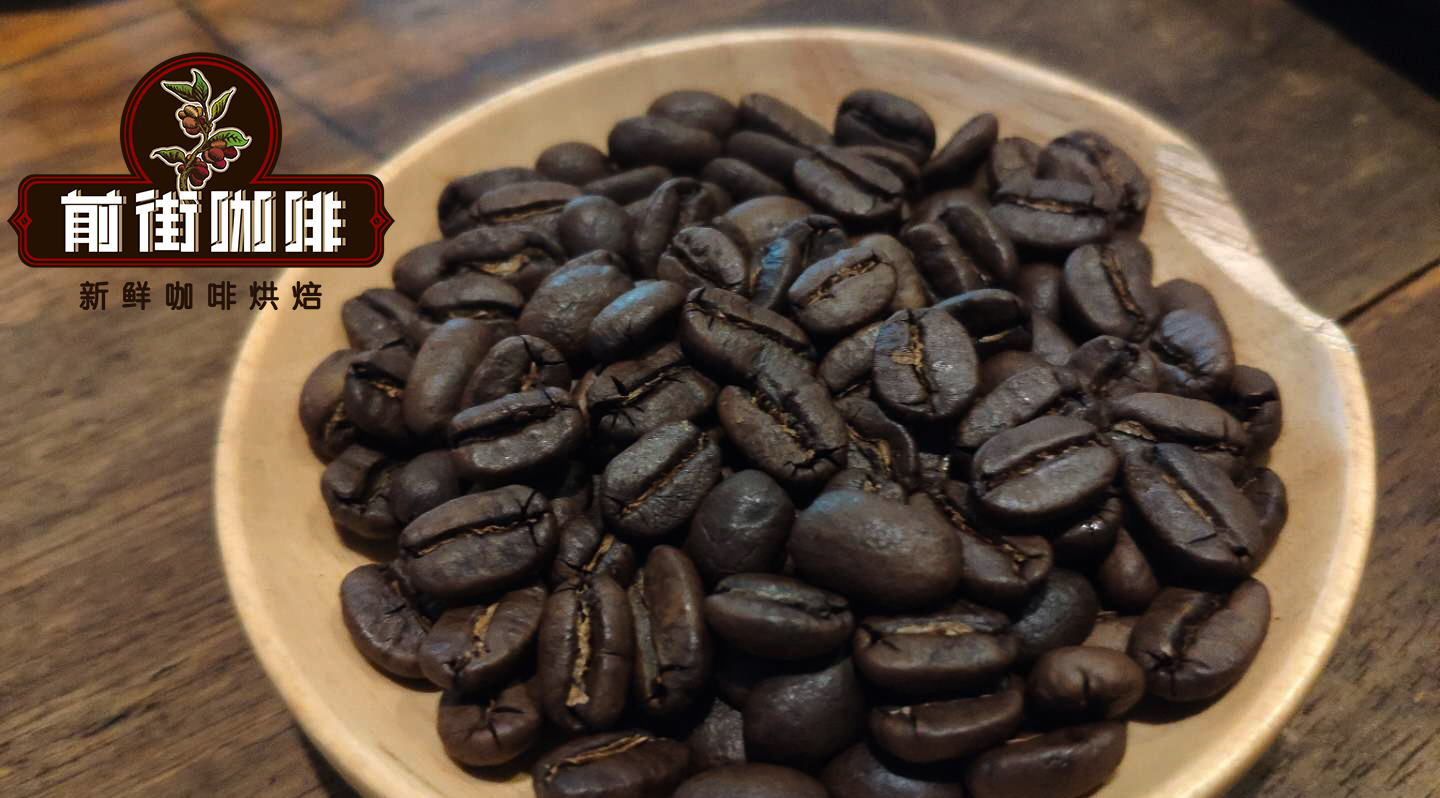
If you are not familiar with the terms used on the packaging, choosing coffee can be troublesome. You will see a common label that states that coffee is "100% Arabica coffee". But what does it mean?
To explain this, you first need to understand the main differences between the two main coffee varieties: Arabica coffee and Robusta coffee. I talked to experts in the supply chain to find out the difference between the two and to understand the meaning of labeling coffee as "100% Arabica coffee". Keep reading to get their opinions.
What is Arabica coffee?
There are dozens of types of coffee, of which about 124 have been identified. The two leading commercial production and sales are Arabica coffee (Coffea arabica) and coffee (Coffea canephora) (often referred to as Robusta).
Arabica coffee accounts for about 70% of the world's coffee production and is generally considered to produce better coffee to taste. Of course, the exact flavor of coffee largely depends on the source of the coffee, the way it is processed, the method, and so on.
Gonzalo Hernandez is president of Coffea diversa, a mung bean purchasing company based in Costa Rica. He added: "depending on the variables, there is no general recipe or description of the taste of Arabica coffee. The taste may be chocolate, spicy, floral, caramel, bright acidity, dry acidity, low acidity, juicy, fruity, etc. "
Hanna Neuschwander is director of communication and strategy for World Coffee Research in Oregon, USA. She explained that Robusta evolved about 100, 000 years ago, while Arabica is only about 10, 000 years old. As a result, Robusta had more time to develop and develop, and at that time, it became more adaptable. It can grow in a more diverse climate and is naturally more resistant to diseases and insect pests. Robusta plants also usually have higher yields.
The fruits of Robusta plants naturally also contain higher caffeine, lower sugar and produce more Klima. In addition, because Robusta is cheap and easy to grow, it is often used in low-quality mixtures or instant coffee. As a result, it is famous for producing unpleasant coffee, which many drinkers say has a stronger flavor.
"people think that Robusta's quality is much lower than Arabica coffee," Hannah said. However, how many quality problems are caused by genetic factors, and how much is due to the fact that Robusta usually does not meet the same quality standards as Arabica coffee, which is worth bat. "
Still, Hanna acknowledges that production of robusta coffee has increased significantly over the past 50 years because of increased demand for cheap coffee and challenges to Arabica coffee production.
However, some producers believe that Robusta can produce specialty coffee from a single source if the same amount of research and resources are invested in it. A new specialty of Robusta has emerged in Brazil. Not only that, some farmers are also trying to use Arabica-Rubusta hybrids to improve the stress resistance and yield of their crops.
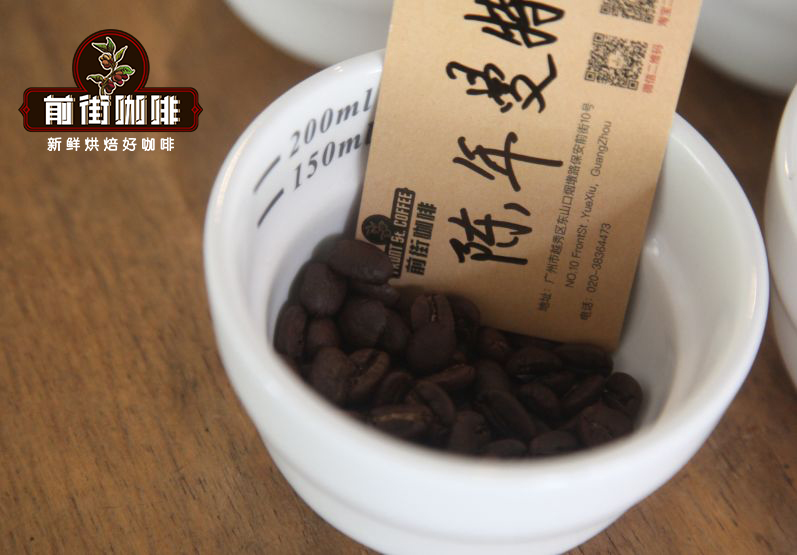
In addition, it accounts for about 2% of global coffee consumption, and the third is big fruit coffee. Librika is famous for producing smoky bitter coffee. It is cheap to produce and prevails in Asian countries such as the Philippines, Malaysia and Indonesia, where people usually enjoy it at affordable prices for mass-produced beer. Liberia is relatively unknown outside these areas.
"100% Arabica Coffee" label
Coffee labeled 100% Arabica coffee does not contain robusta coffee. Hanna says brands use the label to indicate that their coffee is of high quality. "when Arabica coffee dominated the world market before the middle of the 20th century, it was not necessary to sell Arabica coffee in this way," she explained. But when Robusta coffee began to become more popular, people began to try to distinguish Arabica coffee from higher quality products. "
In the past, some roasting machines added Robusta coffee to the mixture to increase its volume, thereby reducing costs and increasing profits. This means that roasters who do not add robusta coffee to the mixture need to stand out and sell coffee of higher quality.
However, the 100% Arabica coffee label on coffee should not be seen as a sign of quality. Hannah said the label was just a "statement about the content of the bag", that's all. It just means there is no robusta coffee.
[100% Arabica Coffee] claims that there is no inherent implication that the content must be higher in quality or tasted in any particular way.
Your definition of quality coffee and your expectations when drinking it should also be taken into account, she added. "maybe you are looking for a very special kind of coffee that produces a certain flavor or foams in the coffee concentrate. Robusta coffee may be more suitable than Arabica coffee. Is this better than that? If your definition of "better"suits its purpose", it may not be right. "
If you want to better explain the quality of coffee, please look for cup points. Coffee with a score of 80 or more is considered boutique coffee, while commercial coffee (used for supermarket blending and instant coffee) usually has a score between 65 and 80.
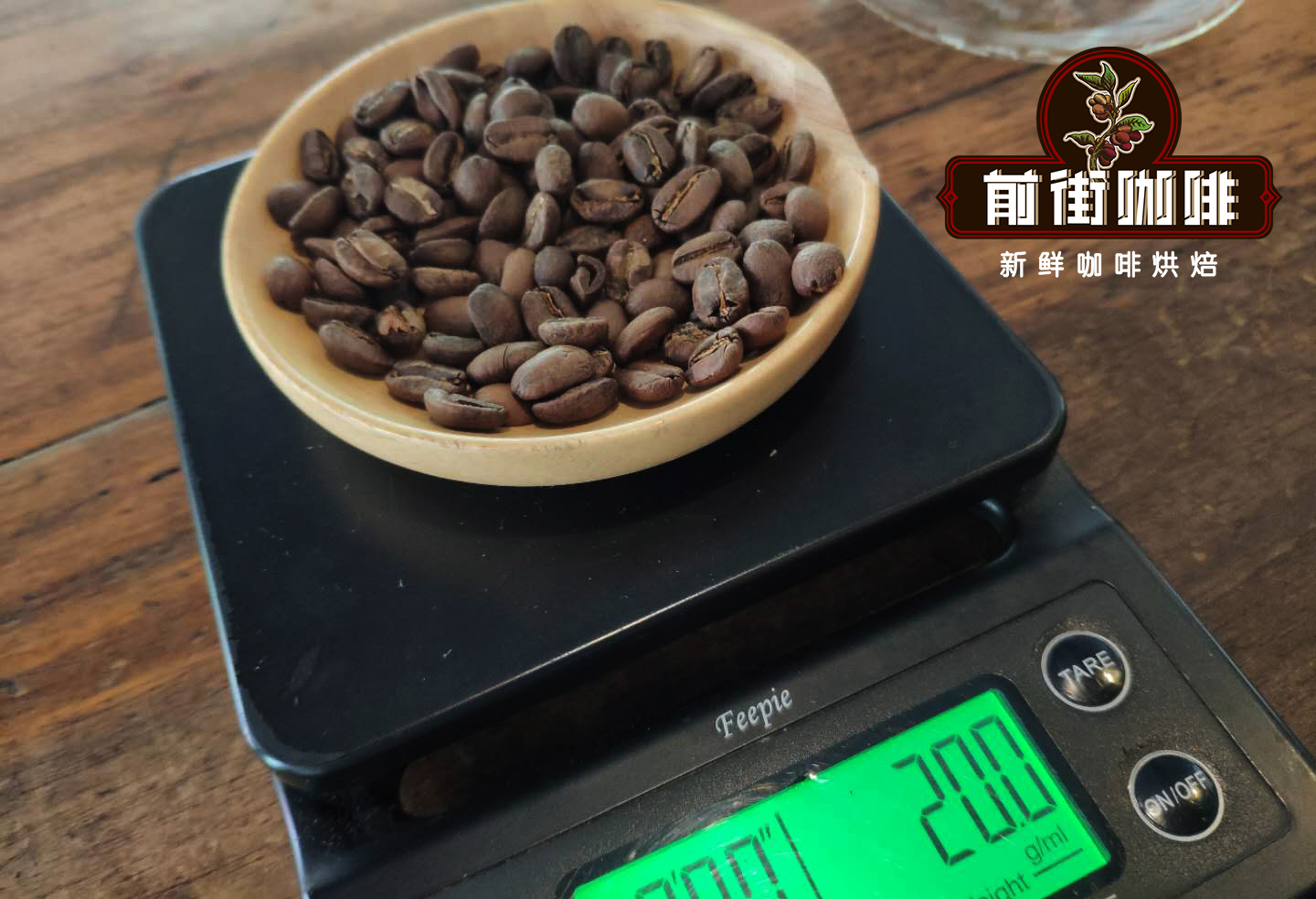
There are many factors that affect the quality of coffee, including the source of coffee, the way of processing, the growth height of coffee and so on. Most modern coffee tags share details on the background of coffee, rather than claiming that coffee is "100% Arabica coffee". This information not only provides consumers with more detailed information about their coffee, but also often assures them that coffee is traceable and ethically produced. "in terms of boutique coffee consumers, the phrase & # 39 / 100% Arabica & # 39; is very informative," Gonzalo said.
Today, the packaging of boutique coffee is filled with complete traceability information, such as & # 39; [farm name, GPS location, owner name, specific plant variety, crop year, etc. "
Should I buy coffee marked "100% Arabica coffee"?
If you want quality coffee, you should not look for 100% Arabica coffee labels. Instead, you will go to your local bakery or specialty coffee shop to buy quality coffee beans. Few supermarkets sell specialty coffee.
Although most specialty coffee is Arabica coffee, this does not mean that Arabica coffee is the only choice. In the past, Arabica coffee was served only to professional coffee drinkers because that was all in the roaster stock, Gonzalo said. The roaster is the janitor who determines the taste of consumers.
"however, boutique coffee consumers are curious. If there is a chance for roasters, many of them are willing to expand their coffee experience by tasting a variety of coffee other than Arabica. "
The bottom line is simple: the phrase "100% Arabica coffee" does not guarantee quality. In fact, boutique coffee usually does not contain the phrase anywhere on the package.
As Hanna said, the 100% Arabica coffee label is only used to tell you the contents of the bag. If you are looking for high quality coffee, look for a local coffee roaster or boutique coffee shop and ask for some advice. This will help you deepen your appreciation of boutique coffee and its production process.
Important Notice :
前街咖啡 FrontStreet Coffee has moved to new addredd:
FrontStreet Coffee Address: 315,Donghua East Road,GuangZhou
Tel:020 38364473
- Prev
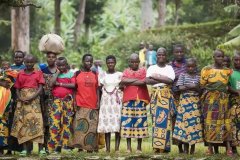
African Fine Coffee beans the Heart of Africa the flavor and taste of coffee beans in Burundi
Professional coffee knowledge exchange more coffee bean information Please follow the coffee workshop (Wechat official account cafe_style) mentioned Burundian coffee, reminiscent of its distinct acidity and fruity aroma. When it comes to sour coffee, we have to mention coffee from Ethiopia and Kenya in Africa. In the front street, Burundian coffee is compared with two producing areas, Burundian coffee.
- Next
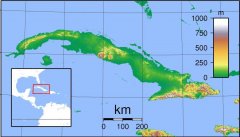
Island Coffee how to brew Cuban Crystal Mountain Coffee? Cuban coffee bean grading system
Professional coffee knowledge exchange more coffee bean information please follow the coffee workshop (Wechat official account cafe_style) the rise of island coffee in the 18th and 19th centuries, coffee growing areas are located in the vast sea, there is no link with land. When it comes to island coffee, you can immediately think of either Blue Mountain coffee or Kona coffee. In fact, Taiwan Province, Bourbon Island, St. Helena, Bodo
Related
- Beginners will see the "Coffee pull flower" guide!
- What is the difference between ice blog purified milk and ordinary milk coffee?
- Why is the Philippines the largest producer of crops in Liberia?
- For coffee extraction, should the fine powder be retained?
- How does extracted espresso fill pressed powder? How much strength does it take to press the powder?
- How to make jasmine cold extract coffee? Is the jasmine + latte good?
- Will this little toy really make the coffee taste better? How does Lily Drip affect coffee extraction?
- Will the action of slapping the filter cup also affect coffee extraction?
- What's the difference between powder-to-water ratio and powder-to-liquid ratio?
- What is the Ethiopian local species? What does it have to do with Heirloom native species?

